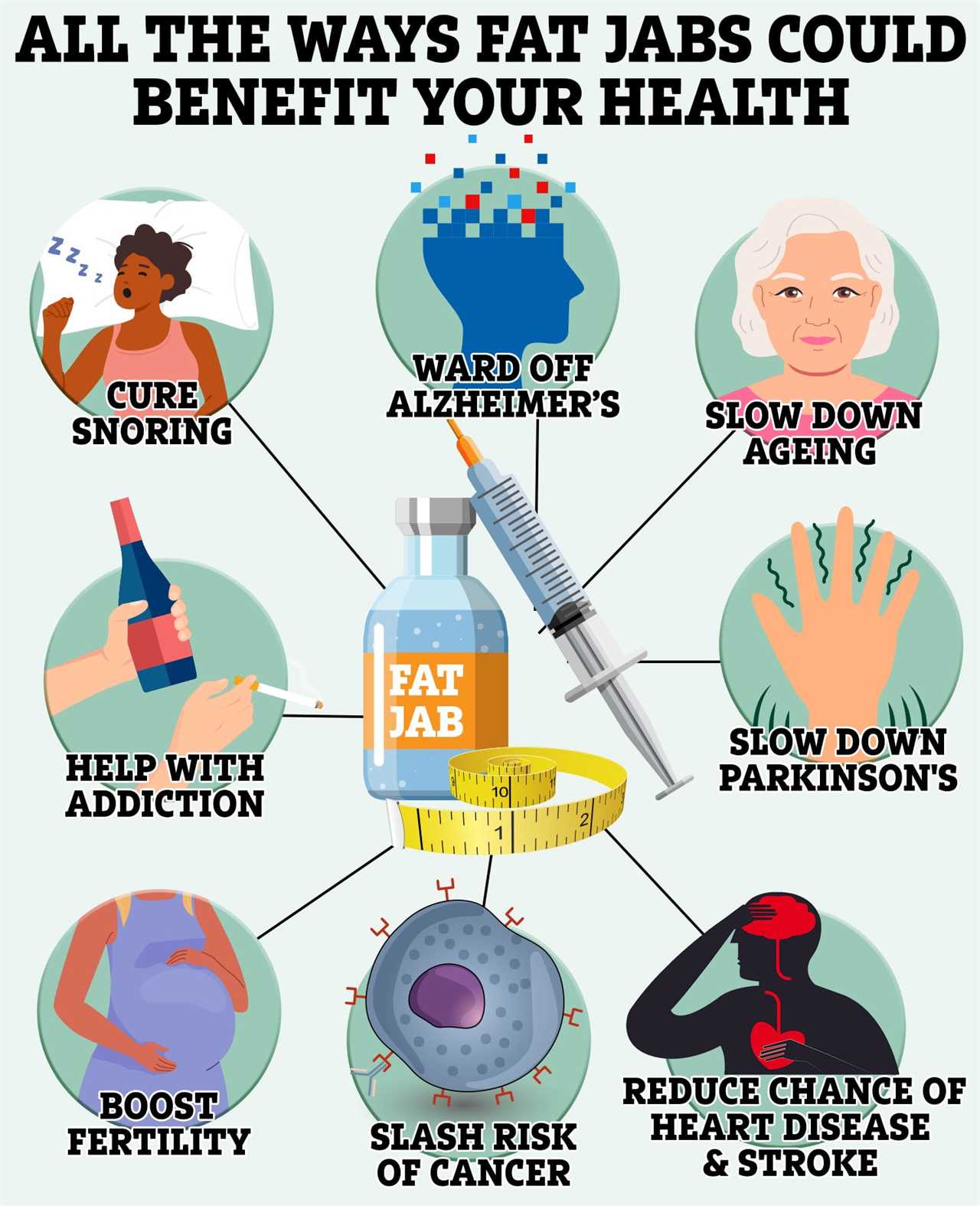
Key Points:
- 'Skinny jabs' like Wegovy may reduce the risk of 10 types of cancer
- GLP-1RA drugs could lower the chances of being diagnosed with obesity-related cancers
- Researchers studied the health records of 1.6 million people with type 2 diabetes
- No decrease in cancer risk was seen with GLP-1RAs compared to metformin
- Possible side effects include nausea, diarrhea, constipation, and more
Researchers have found that 'skinny jabs' known as glucagon-like peptide 1 receptor agonists (GLP-1RA), such as Ozempic and Wegovy, could potentially reduce a person's risk of being diagnosed with 10 types of cancer. A study analyzing the health records of 1.6 million individuals with type 2 diabetes revealed that those taking GLP-1RAs had a lower likelihood of developing obesity-related cancers like bowel and pancreatic cancer compared to those on other weight loss and diabetes medications.
Potential Cancer Prevention Benefits
The study focused on 13 different cancers associated with obesity over a 15-year period. It showed that individuals on GLP-1RAs had a decreased risk of 10 of these cancers when compared to patients taking insulin. These included cancers such as oesophageal, kidney, and ovarian cancer, among others. The findings suggest a possible benefit of GLP-1RAs for cancer prevention in high-risk populations and support further research in this area.
How 'Skinny Jabs' Work
GLP-1RAs are commonly prescribed to manage blood sugar levels in type 2 diabetes patients and aid in weight loss. These medications mimic a hormone called glucagon-like peptide 1, which helps regulate insulin production and reduce glucose in the blood. They also slow down digestion, curb appetite, and promote weight loss.

Potential Side Effects
While 'skinny jabs' like Wegovy may offer benefits in terms of weight loss and cancer risk reduction, they are not without potential side effects. These can include nausea, diarrhea, constipation, headache, and dizziness. Some users may also experience vomiting, abdominal pain, fatigue, and acid reflux. Long-term effects of these medications are still under investigation.
Did you miss our previous article...
https://trendinginthenews.com/cancer/young-woman-misdiagnosed-with-cancer-after-being-told-she-had-conjunctivitis






